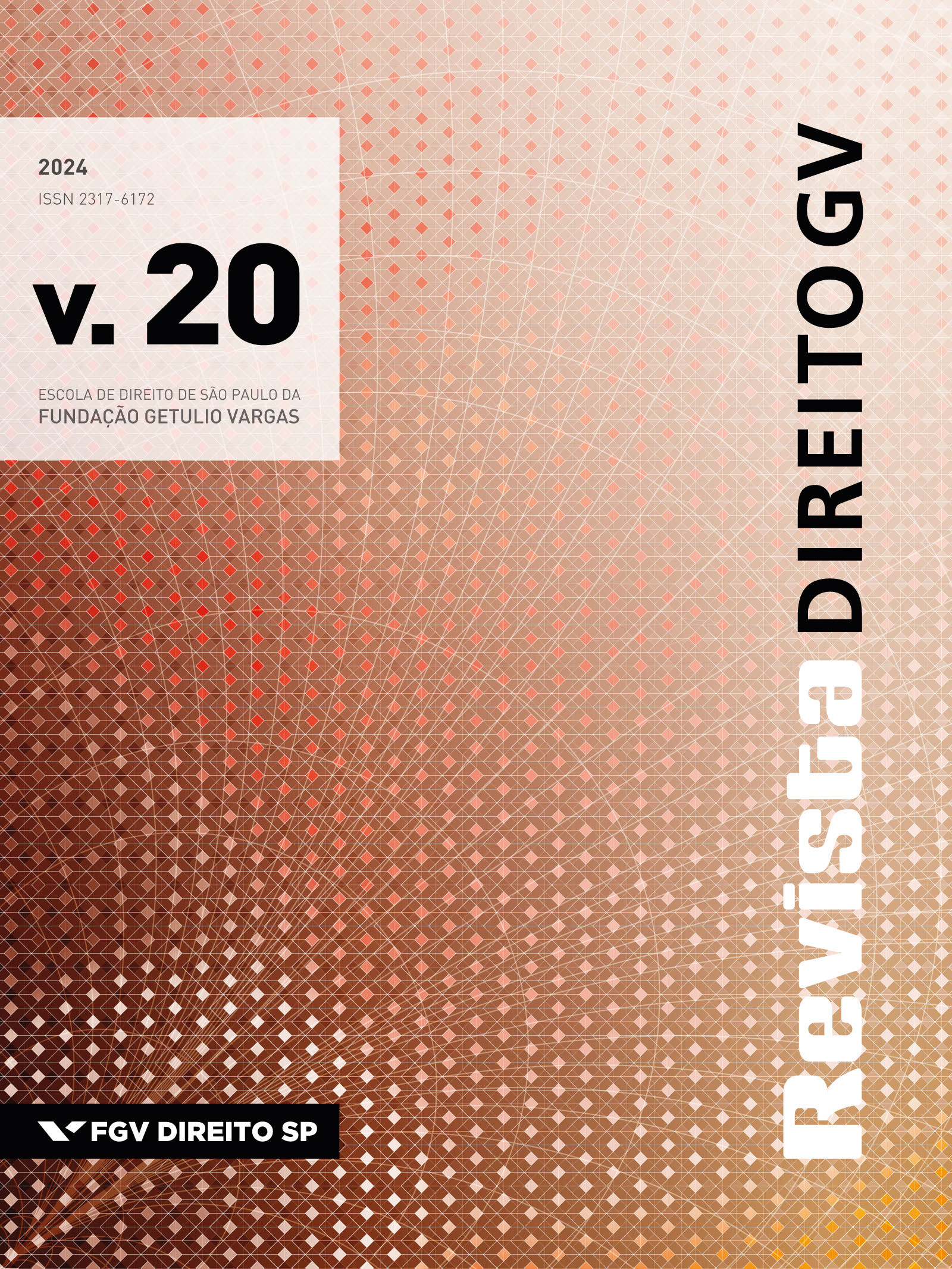The Leasing of Land for Wind Energy Production: A New Chapter of the Brazilian Agricultural Issue
Keywords:
Wind energy, lease contracts, agrarian issue, peasantry, agrarian lawAbstract
The leasing of land for wind power production is the subject analyzed in this work, precisely the control exercised by multinationals of the exploration rights from peasants’ lands. Taking in consideration that the semi-arid region of Brazil is the new destination for the global capital in renewable energies, given the environmental crises, the research presents its relevance for the study of wind farms. The main problem is that this expansion copies the foundations of the primitive accumulation of capital: extraction of surplus value from the labor force, land grabbing of peasants and land concentration. The goals go from pointing out the new singularities of the agrarian situation in face of the expansion of wind farms to analyze the process of dispossession of land from farmers and to show the link between lease contracts and land profit. The theses of David Harvey (2011) and Mariana Traldi (2019), in which they aim to explain how the privatization of common goods, particularly of the wind force, involves the use of legal strategies that reduce rights and basic services on the common good to exclusive rights of Private propriety, were used. “Accumulation by dispossession,” for Harvey, and its “green” version, for Traldi, imply the appropriation by capital of large areas of land on the pretext of ensuring “sustainable development,” the fight against the “water crisis” or a “green agenda.” Therefore, we investigate the hypothesis that the implementation of wind farms in Brazil involves the storage of land under the control of the economic exploitation rights of the farmers over their land and that this is included in a new movement of land reconcentration.



